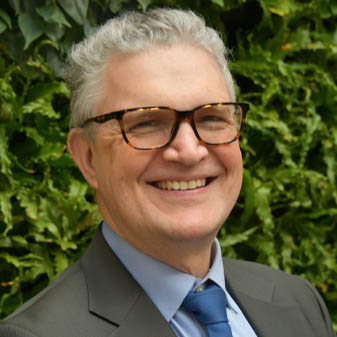
Medicaid Funding Impact on NY’s Healthcare Delivery System
Colleagues:
On July 4, 2025, President Donald J. Trump signed the budget reconciliation bill into law. This comprehensive legislation encompasses healthcare, tax, and other initiatives that will profoundly impact the delivery of care for years to come. Below, I will provide a concise summary of its effects on the practice of medicine for physicians in New York.
Immediate Effects:
- State-Directed Payments for Medicaid: The bill imposes a limitation on state-directed payments for Medicaid, capping them at 100% of Medicare in expansion states and 110% in non-expansion states.
- New Provider Taxes: No new provider taxes can be levied by the state except under specific exceptions for the next three years. Additionally, the overall revenue cap is reduced from 6% to 3.5% in 2032. The significance of this change is that it will limit New York’s authority to tax managed care organizations, which has formed the basis for recent Medicaid payment increases.
- Prohibition of Payments to 501(c)(3) Community Health Nonprofits: The bill prohibits payments to 501(c)(3) community health nonprofits that provide terminations and received $800,000 or more in 2023. This decision significantly impacts community-based reproductive care, which is struggling to meet the demands of their communities.
Changes Starting in 2026:
- Rescission of Two-Year 5% Match Rate: The two-year 5% match rate from the America Rescue Plan Act will be rescinded.
- Elimination of Enhanced Federal Matching for Emergency Medicaid: Enhanced federal matching for emergency Medicaid covering undocumented individuals will be eliminated. As a result, Medicaid eligibility will be revoked for refugees, individuals granted asylum, certain abused spouses and children, trafficking victims, and others.
- $50 Billion Earmark for Rural Healthcare Transformation: A $50 billion earmark will be allocated to transform rural healthcare.
- 5% Increase in Medicare Physician Fee Schedule: A 2.5% increase in the 2026 Medicare physician fee schedule will be implemented.
In 2027, the 80-hour per month work or volunteer requirement will be implemented and verified biannually at a minimum. Retrospective coverage will be reduced from 3 months to one month prior to application. Eligibility in the Medicaid expansion population requires verification every six months. Quarterly reviews of members against the death master file and the acquisition of addresses of all enrollees are required. Additionally, any new Section 1115 waiver must be certified budget neutral by the chief actuary of CMS.
Also of significance, starting in 2027, is that most legal immigrants will be ineligible for ACA tax credits, meaning that hundreds of thousands of New Yorkers who currently receive Essential Plan coverage will no longer be eligible, forcing those with lower incomes to have to be covered through Medicaid, or through the private unsubsidized health insurance coverage.
Beginning in 2028, ineligible providers will be removed from Medicaid rosters on a monthly basis. The allowed home equity for Medicaid enrollees will be reduced to $1 million. The cost-sharing requirement for Medicaid expansion participants will be increased to $35 per service, effective in 2028.
In October 2029, the requirement to submit Social Security Numbers to CMS will be implemented for enrollees.
This legislation significantly alters the healthcare system, potentially leading to higher rates of uninsured and uncompensated care, increased scrutiny of Medicaid eligibility, increased out-of-pocket costs for patients, and restrictive measures on certain entities providing reproductive health care. The estimated cost to the system is $10.7 billion, and hospitals anticipate a total revenue reduction of $1.7 billion. Certainly, any medical practice that treats a large number of patients that are currently enrolled in Medicaid or the Essential Plan will be impacted. We will collaborate closely with our elected representatives to mitigate the adverse effects of this legislation on our practices and patients.
I encourage New York physicians who are not members to join MSSNY.org and contribute to mssnypac.org to support this cause.
On a personal note, I would like to express my gratitude for your support as the president of MSSNY. I have completed the third month of my term and, as per the bylaws, have constituted a nominations committee to determine a slate of future leaders. I extend my sincere appreciation to those so named for their service to the profession and to MSSNY. I often assert that the most generous physicians are our members, and you will be richly rewarded for your service to them and their patients.
All the best,
David Jakubowicz, MD, FACS
MSSNY President



